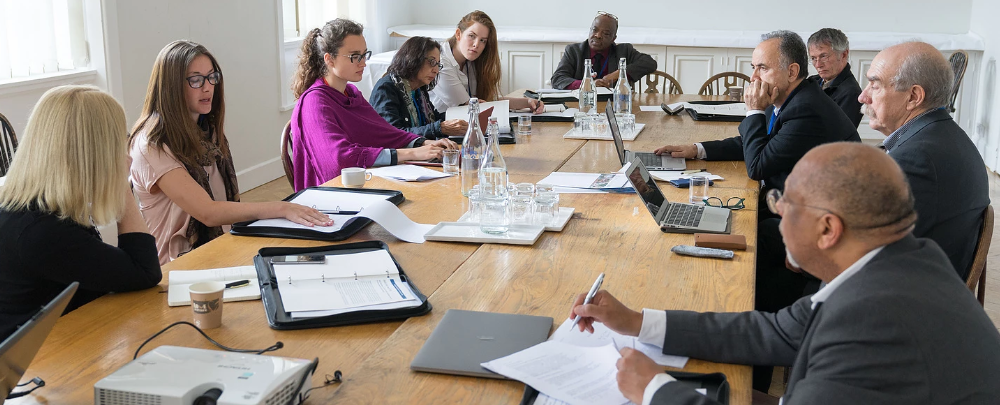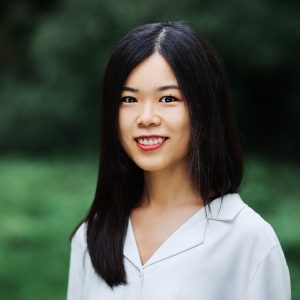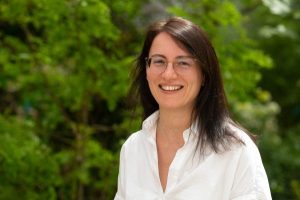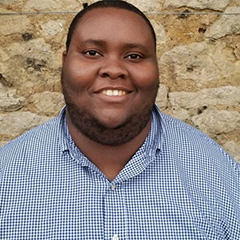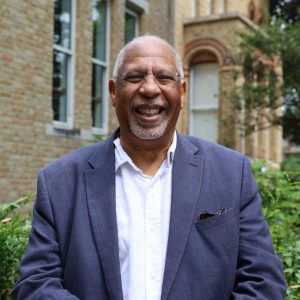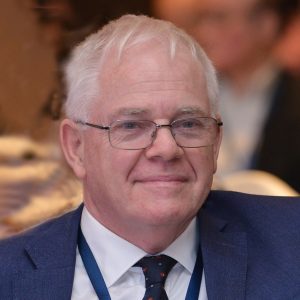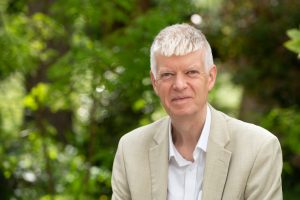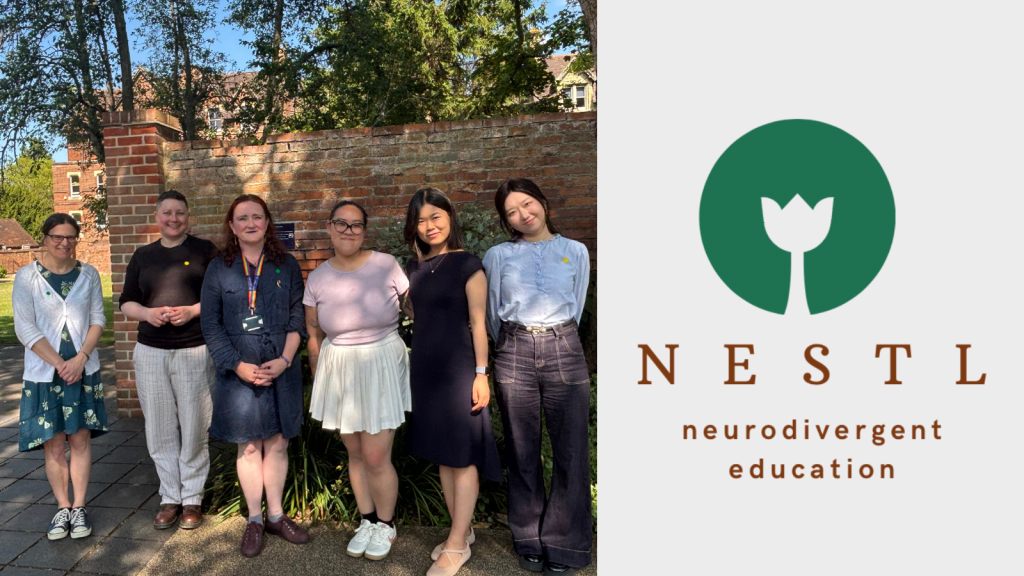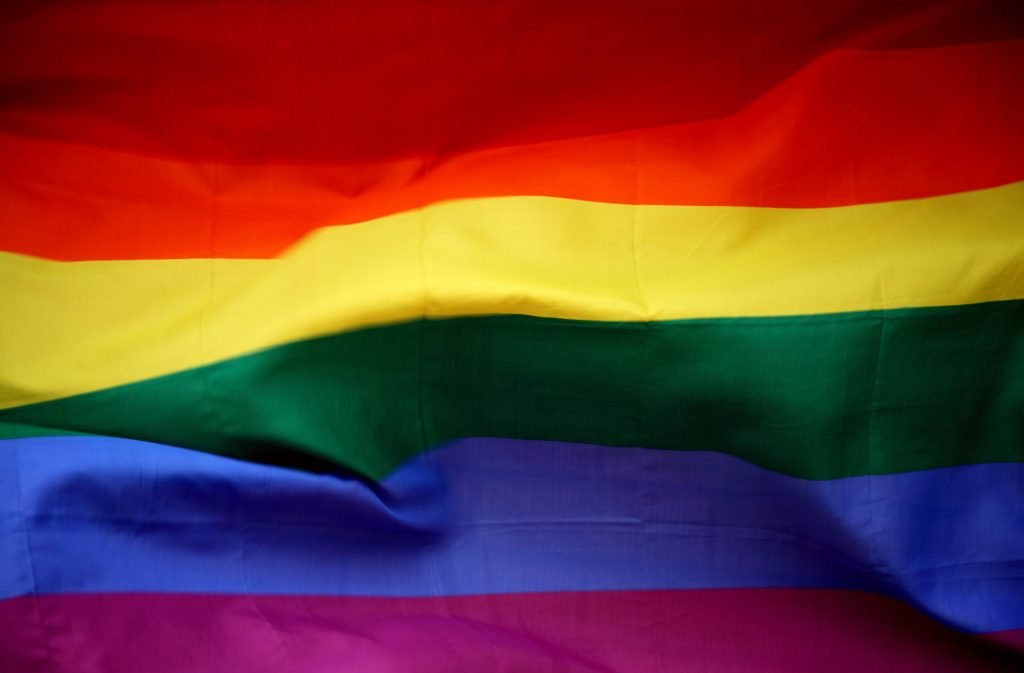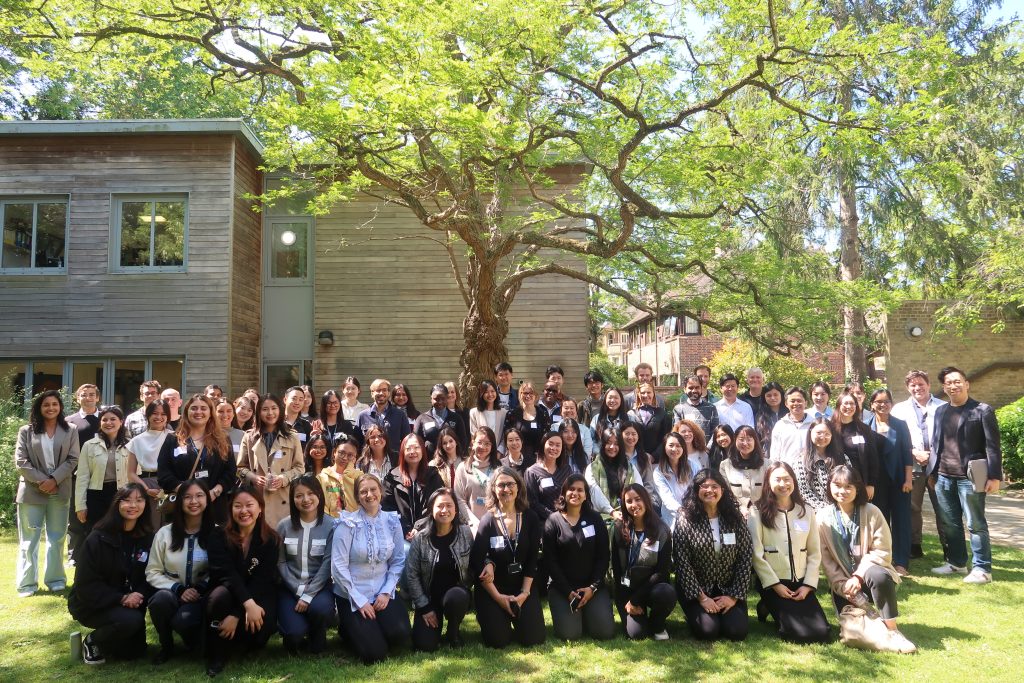Since its inception in the 1990s, the group has contributed to research and public dialogue on the challenges of educational transformation in low and middle-income countries, as well as the evolving nature of education systems globally.
Our members work across diverse global contexts, including:
- Africa (Kamal Armanious, Gardiana Bandeira Melo, Thomas Godfrey-Faussett, David Johnson, David Mills, Brooks Newmark)
- Asia and the Pacific (Zhuohan Chen, Claire (Yu) Hao, Aliya Khalid, Jiayi Li, Simon Marginson, Joonghyun Kwak, Julie Lin, Karen Skilling, Xiujuan Wang, Zhe Wang, Xin Xu)
- Europe (Cora Alina Blau, Rachel Brooks, Maia Chankseliani, Zhuohan Chen, Antonin Charret, Darta Drabovica, Liam Gearon, Natalya Hanley, Lavinia Kamphausen, Simon Marginson, Olga Mun, Karen Skilling, Elena Tsvetkova, Yuliya Zayachuk, Xiujuan Wang, Xin Xu)
- Central Asia (Maia Chankseliani, Natalya Hanley, Simon Marginson, Olga Mun)
- The Middle East (Ahmad Akkad, Reem Alqahtani)
- Western Hemisphere (Claire (Yu) Hao, Simon Marginson, Mercedes Crisostomo, Maria Teresa Tatto)
Areas of Expertise
Thematically, our group has expertise in education and international development (Maia Chankseliani, David Johnson, Alya Khalid, David Mills); international, and comparative higher education (Rachel Brooks, Antonin Charret, Maia Chankseliani, Darta Drabovica, Claire (Yu) Hao, Lavinia Kamphausen, Jiayi Li, Julie Lin, Simon Marginson, David Mills, Olga Mun, Maria Teresa Tatto, Elena Tsvetkova, Zhe Wang, Xiujuan Wang, Xin Xu, Yuliya Zayachuk); and international mobility and societal development (Ahmad Akkad, Cora Alina Blau, Rachel Brooks, Maia Chankseliani, Mercedes Crisostomo, Natalya Hanley, Joonghyun Kwak, Zhe Wang).
Our sociologically focused expertise includes sociology of education (Rachel Brooks, Joonghyun Kwak, Arathi Sriprakash); agency and social theory (Maia Chankseliani, Aliya Khalid, Simon Marginson); displacement, identity, and belonging (Ahmad Akkad); gender equity, family, and community (Aliya Khalid); and educational exclusion and assessment (Maia Chankseliani, Aliya Khalid, Thomas Godfrey-Faussett).
In the domain of teaching, learning, and professional development, we focus on teacher education and professional learning (Reem Alqahtani, Karen Skilling, Maria Teresa Tatto); STEM & mathematics education (Karen Skilling); employability and skills acquisition (Xiujuan Wang); motivation and learning theories (Karen Skilling); and language education and Global Englishes (Zhuohan Chen).
Critical approaches and issues of justice are central to our work, including postcolonial, decolonial, and indigenous CIE (Lavinia Kamphausen, Gardiana Bandeira Melo, Olga Mun, Arathi Sriprakash); reparative studies in education (Olga Mun, Arathi Sriprakash); anti-racist education (Arathi Sriprakash); ethics, epistemic justice, and moral philosophy (Liam Gearon, Olga Mun, Xin Xu); conflict, reconstruction, and displacement (Ahmad Akkad, Liam Gearon David Johnson); and climate change education (Olga Mun).
Additionally, our expertise extends to internationalisation at home (Maia Chankseliani, Jiayi Li, Yuliya Zayachuk); technical and vocational education and training (TVET) (Kamal Armanious, Maia Chankseliani); and research on research, academic publishing, and doctoral education (Maia Chankseliani, Vedika Kedia, David Mills, Olga Mun, Elena Tsvetkova, Xin Xu).
Methodologies
Our research is interdisciplinary, employing diverse methodological perspectives, including ethnographic case studies, interview-based studies, critical discourse analysis, critical policy analysis, and synthetic-historical analysis. We also use surveys, systematic reviews, longitudinal analysis, mixed methods design, and bibliometric analysis. Additionally, we apply qualitative and social network analysis, diary methods, oral history, archival research, narrative enquiry, participatory methods, vignettes, focus groups, grounded theory, participant observation, and creative visual methods.
Collaborations and Funding
The CIE research group collaborates with academics at Oxford, across the UK, and globally, and partners with international organisations such as ActionAid International, BAICE, British Academy, the British Council, Center for Global Development, the Council for At-Risk Academics, European Commission, Foreign, Commonwealth & Development Office, Friedrich Ebert Foundation Germany, NORRAG, OECD, Open Society Foundations, Templeton World Charity Foundation, UKFIET, UNESCO, UNDP, UNICEF, UNRWA, and UNHCR.
Our work is funded by organisations including UKRI, the British Academy, European Research Council, Malala Fund, John Fell Fund, the U.S. Department of State, the Council for At-Risk Academics, Nuffield Foundation, Hill Foundation, British Council, U.S. National Science Foundation, Australian Research Council, Tinker Foundation, Society for Research into Higher Education, British Educational Reserarch Association, National Union of Students, TASO – Centre for Transforming Access and Student Outcomes in Higher Education, and ministries of education in various countries. This broad funding base enables our research to engage with the contributions of economists, political scientists, historians, geographers, and anthropologists, deepening our understanding of educational systems and their societal impacts.
Professional Engagement
Members of the CIE research group are actively engaged in professional associations and serve in editorial roles. Several members serve as editors at International Journal of Educational Research, Comparative Education Review, British Journal of Sociology of Education, Sociology, Teaching Education Journal, and Humanities and Social Sciences Communications. They are also editorial board members for Higher Education Quarterly and British Journal of Sociology of Education, and advisory board members for Population, Space and Place and Higher Education. Additionally, members hold leadership positions at BAICE, UKFIET, CIES Higher Education SIG, British Sociological Association, Economic and Social Research Council, the British Society for Research into Learning Mathematics, and FreshEd.
Global Public Seminars in Comparative and International Education
Our Global Public Seminars in Comparative and International Education address topics of interest to academics, practitioners, and policymakers worldwide. These seminars explore how changes in education policy, discourse, and practice shape individual opportunities and educational institutions globally, zooming in on local contexts and out to national and supranational influences.
The Comparative and International Education Research group is convened by Dr Maia Chankseliani, Associate Professor of Comparative and International Education.






